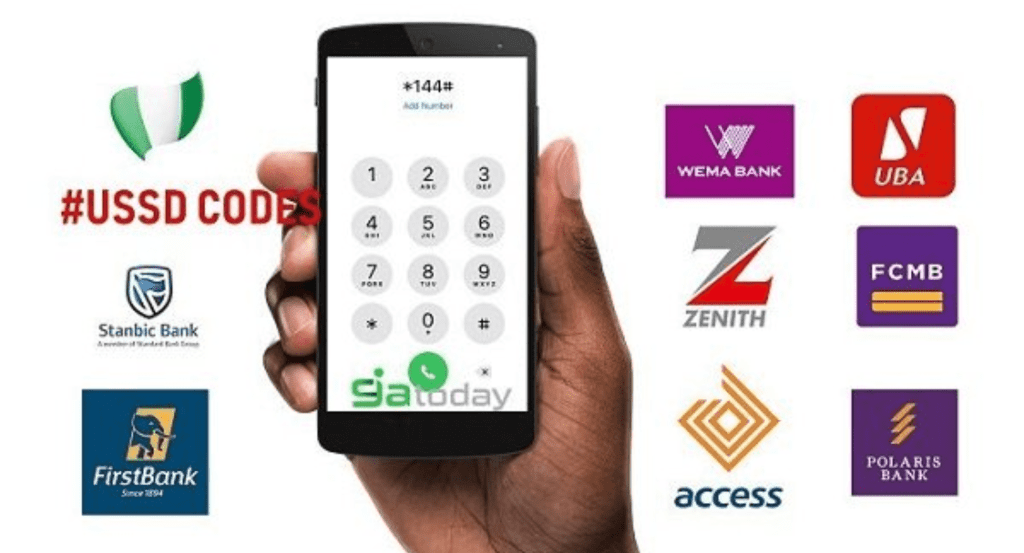Telecommunications companies in Nigeria have threatened to disconnect 18 banks from the Unstructured Supplementary Service Data (USSD) platform over an unpaid debt totaling ₦200 billion. The disagreement, which has persisted for years, highlights the growing tension between banks and telecom operators regarding service fees and debt settlements.
The Association of Licensed Telecommunications Operators of Nigeria (ALTON) issued a statement emphasizing that the banks have failed to honor payment agreements for USSD services. USSD is widely used in Nigeria for mobile banking, enabling millions of customers to perform financial transactions without internet access. The service plays a crucial role in promoting financial inclusion, especially in rural areas.
According to ALTON, the debt stems from unpaid charges accrued from USSD transactions facilitated by telecom networks on behalf of the banks. The banks argue that the charges should be borne by customers, while the telcos insist on direct payment from the banks. This unresolved conflict has led to a ₦200 billion debt backlog, putting the service at risk.
In response, the Nigerian Communications Commission (NCC) intervened by directing telcos to suspend nine banks, including UBA, Zenith Bank, and FCMB, from the USSD platform due to non-compliance with payment terms. The NCC has also urged both parties to engage in dialogue and find a sustainable resolution.
Bank officials, however, have called for a collaborative approach, emphasizing the importance of USSD services to financial inclusion efforts. They argue that disconnecting banks could disrupt millions of transactions daily, affecting customers and the economy at large.
The situation underscores the need for a clear framework to govern the use of USSD services in Nigeria. Analysts have suggested that stakeholders, including the Central Bank of Nigeria (CBN), NCC, banks, and telecom operators, should work together to create a transparent and equitable payment system.
As discussions continue, customers are advised to explore alternative banking channels, including mobile apps and internet banking, to minimize potential disruptions. However, the suspension of USSD services could still have a significant impact, particularly in underserved communities reliant on the platform for basic financial transactions.




















